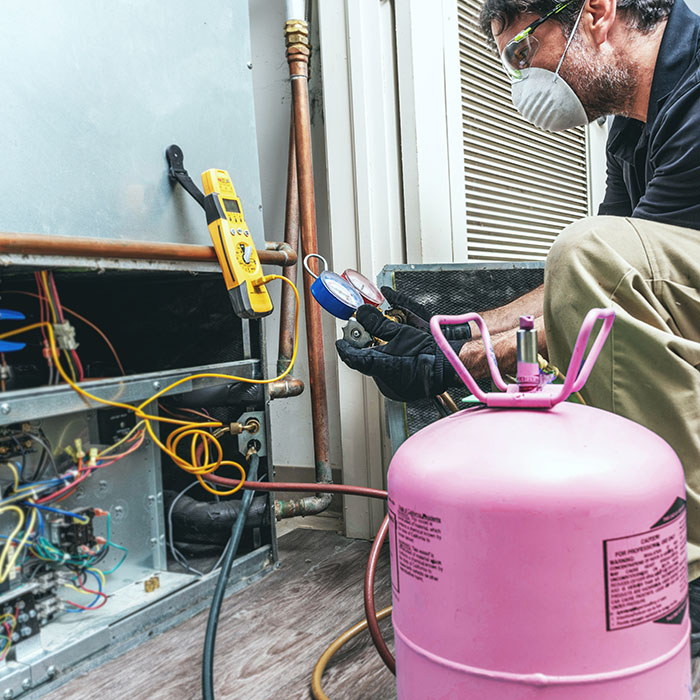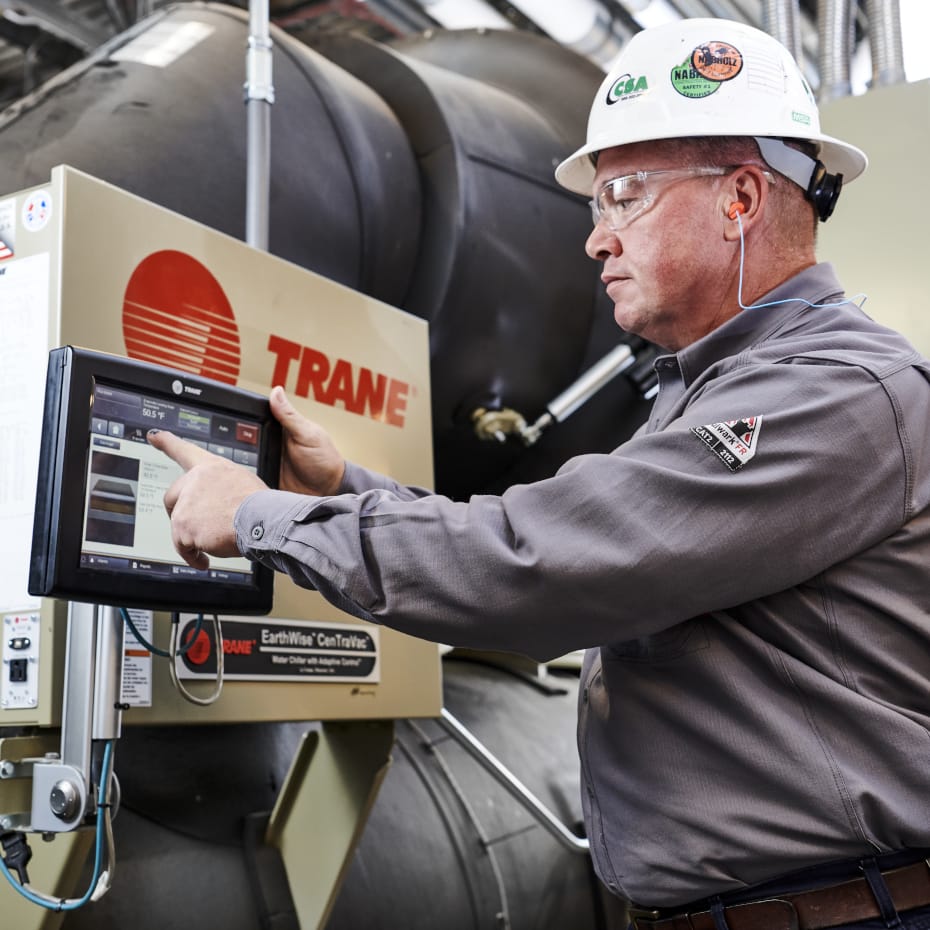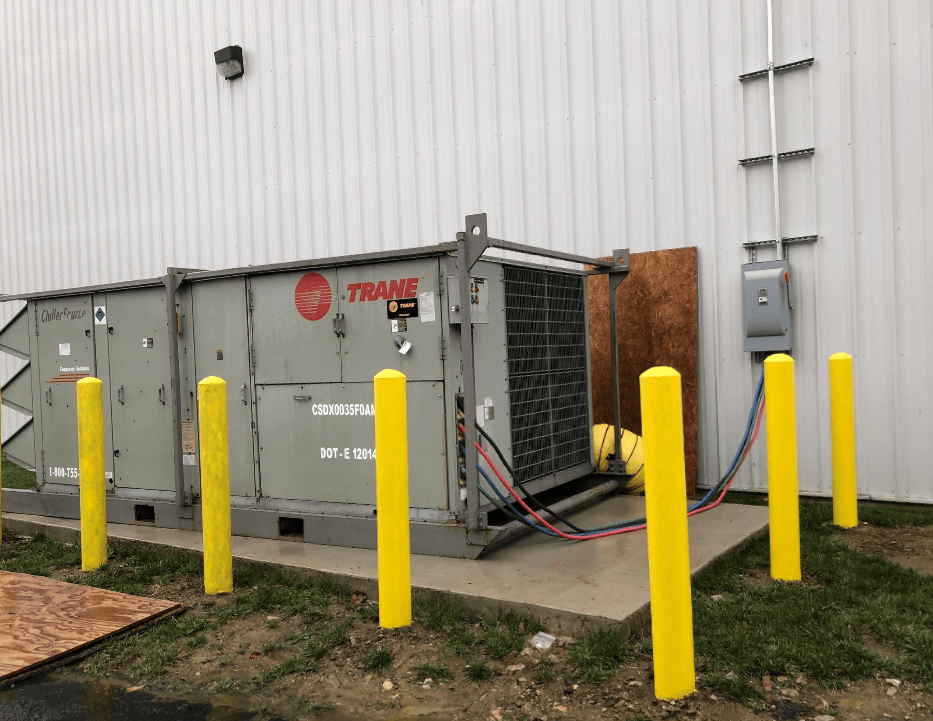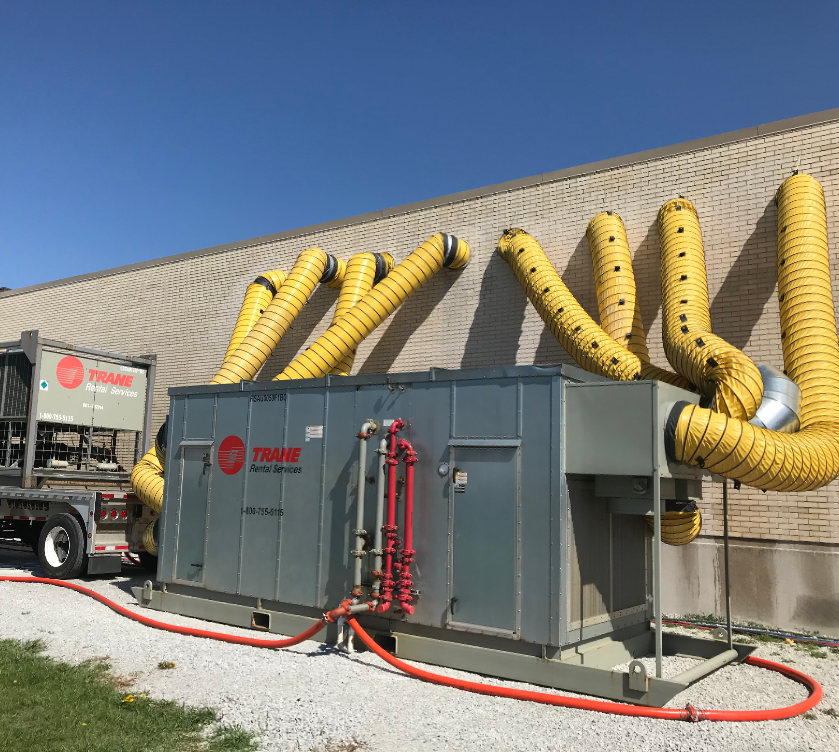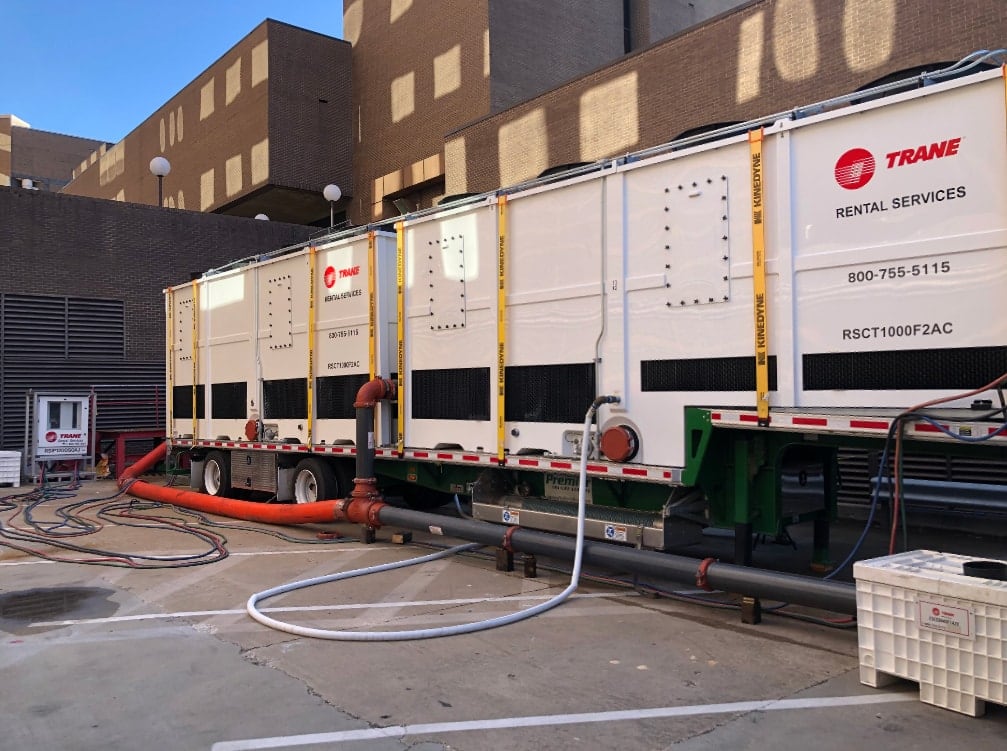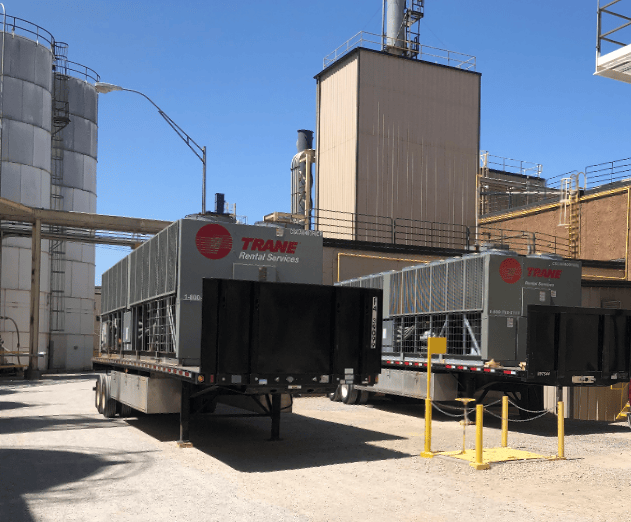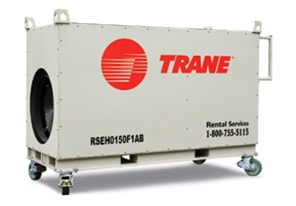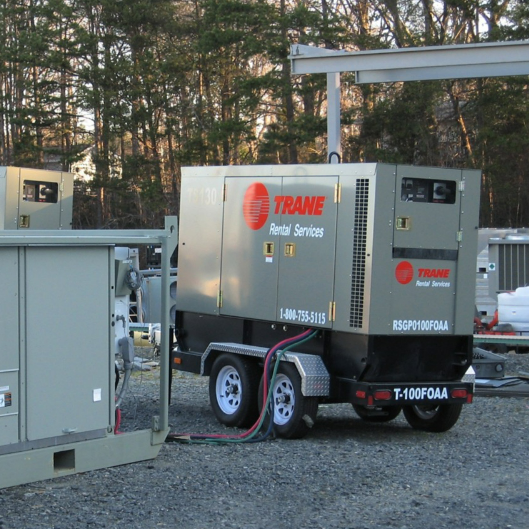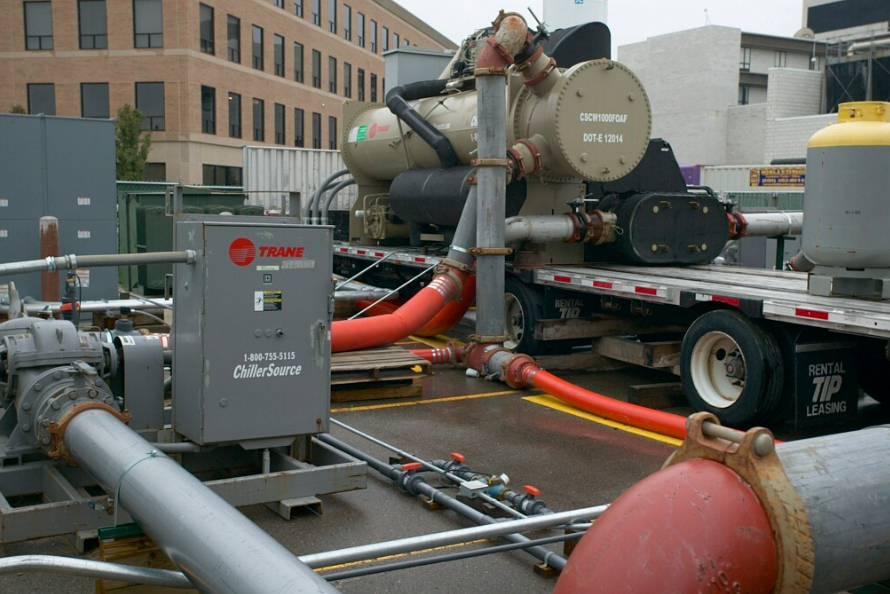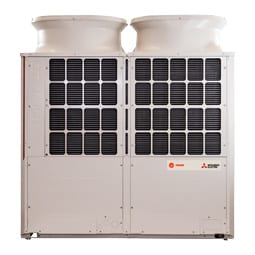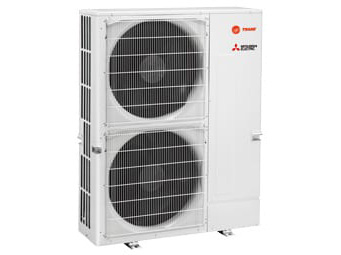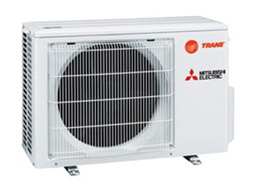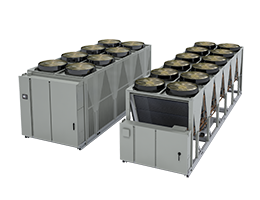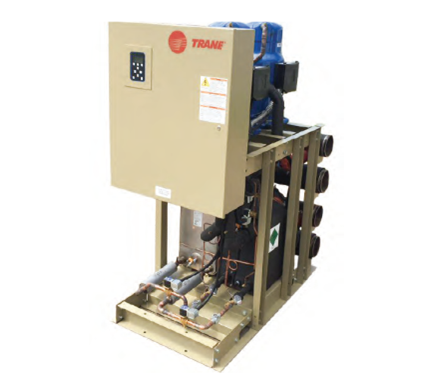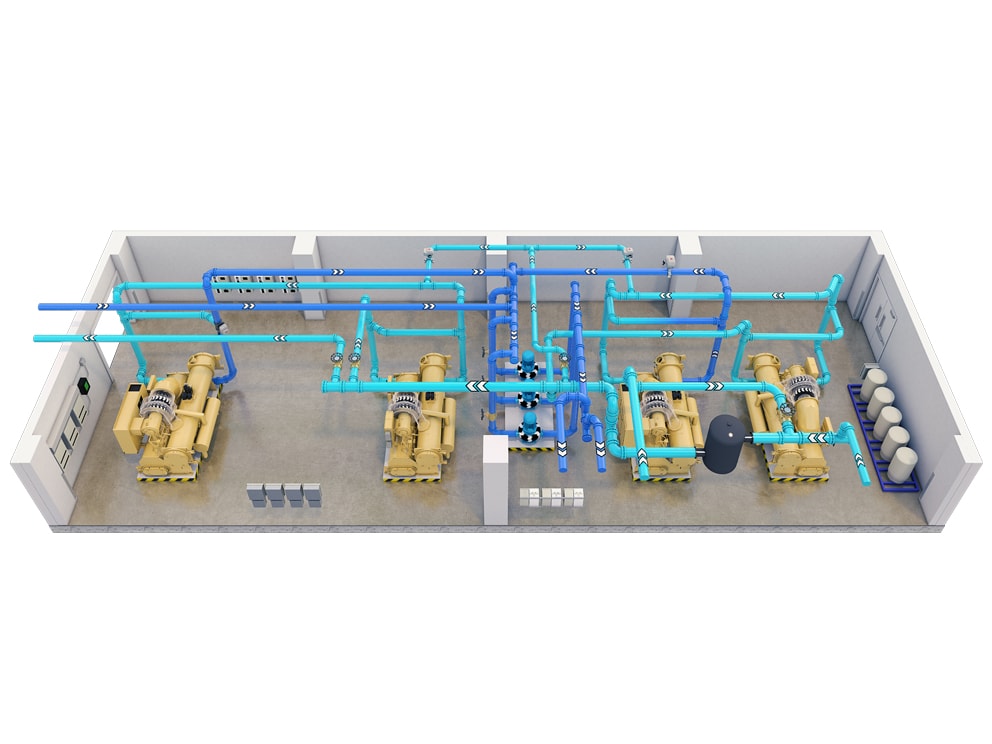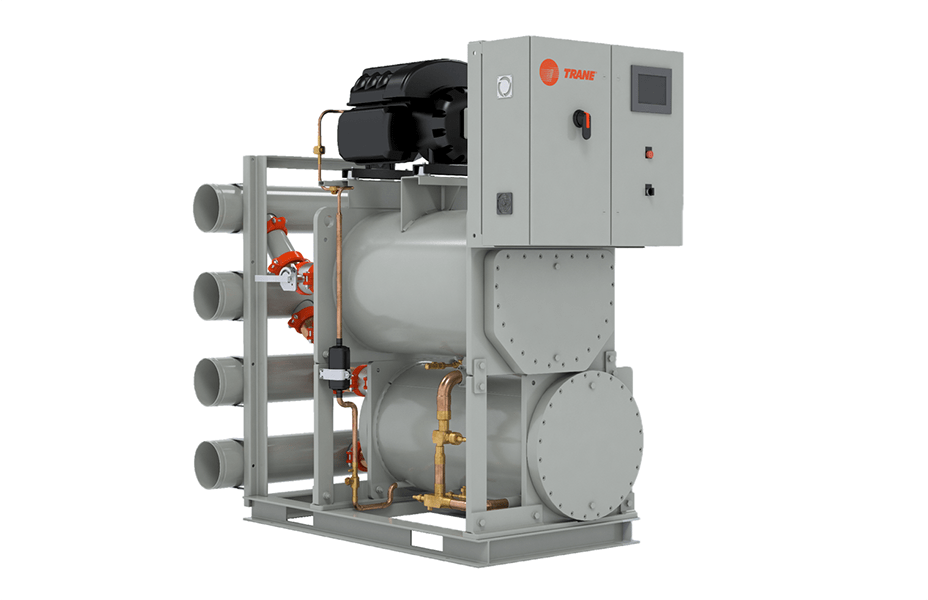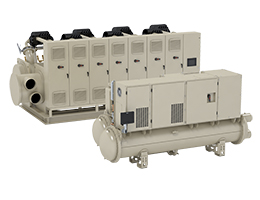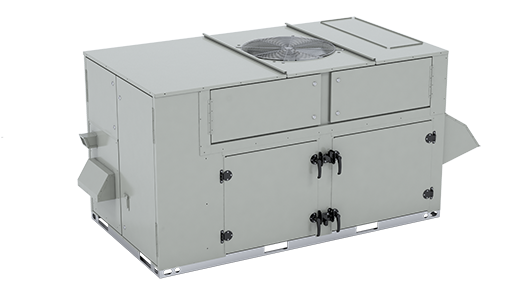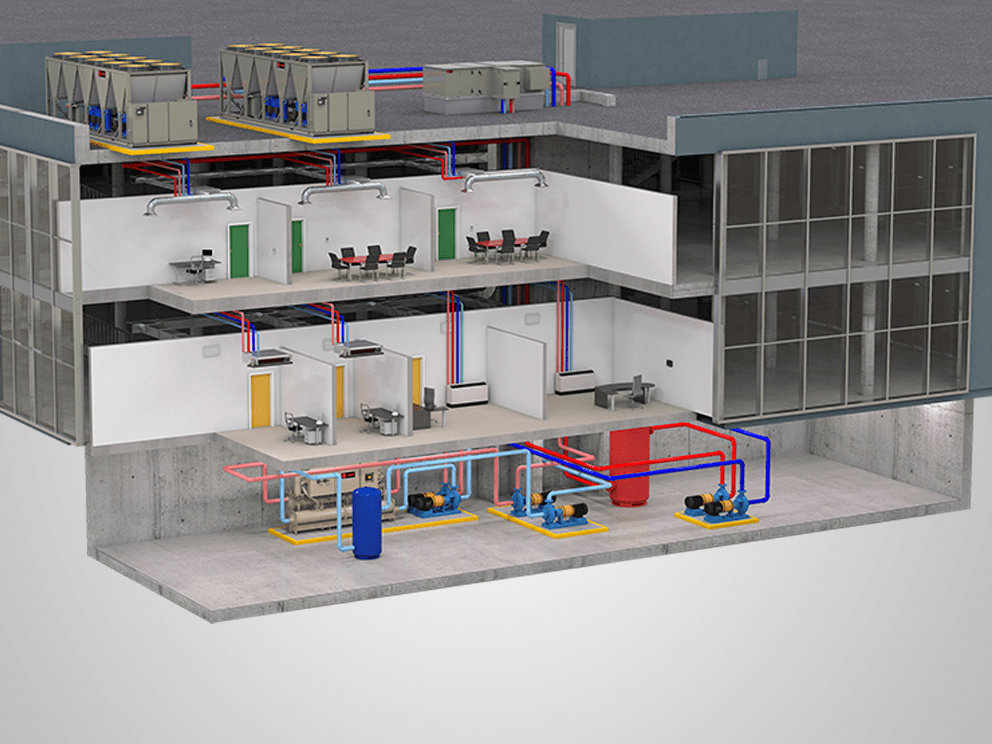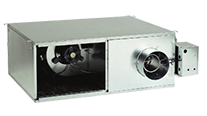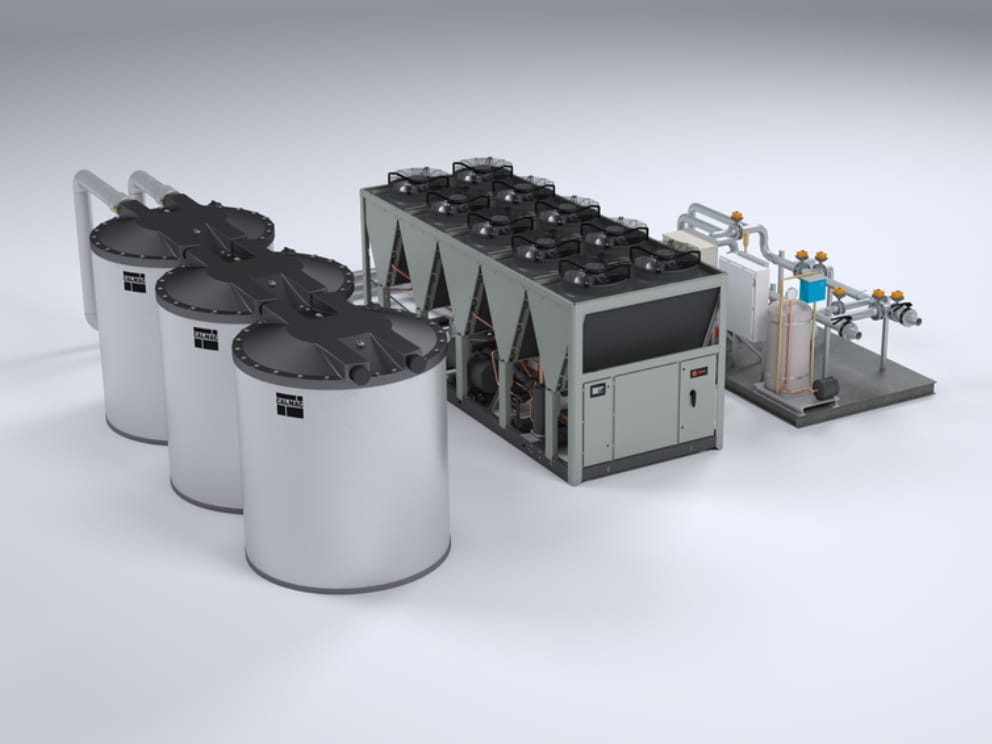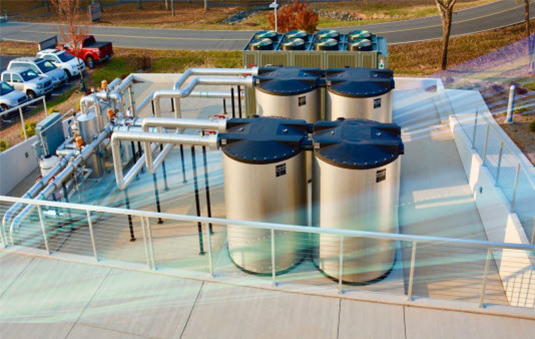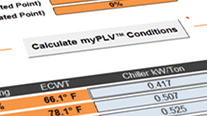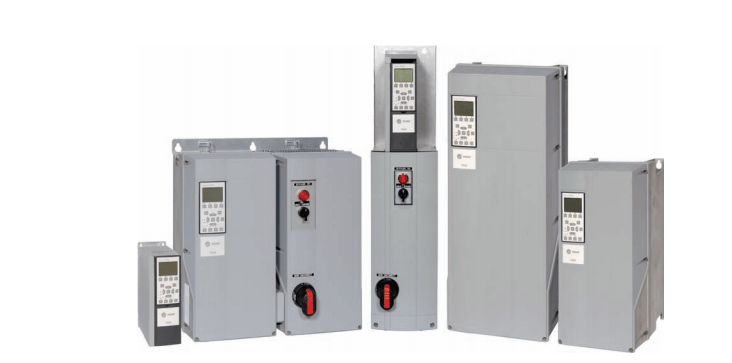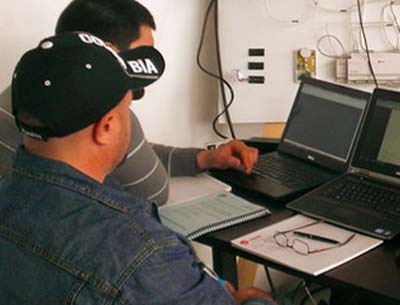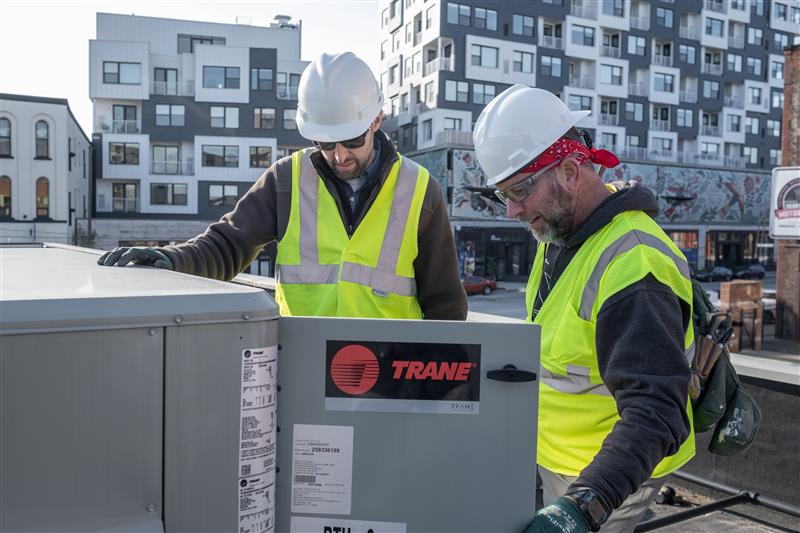In this episode of Smart Energy Voices, host Debra Chanil speaks with Melissa Banks, Regulatory and Utility Advocacy Director at Trane Technologies, about the complex landscape of building decarbonization and sustainability. Banks discusses the increasing importance of regulatory compliance, utility incentives, and tax benefits in making energy efficiency projects financially viable for businesses and building owners.
She explains the significance of understanding local utility incentives and shares examples of utility programs that offer substantial rebates for energy-efficient upgrades and emphasizes leveraging these incentives and working with experts to help maximize the financial benefits of their sustainability efforts — making the path to decarbonization both achievable and affordable.
You will want to hear this episode if you are interested in...
- How regulations are impacting organizations’ decarbonization efforts (02:09)
- National, state and local energy codes (03:47)
- Building performance standards, electrification policies, and climate and emissions reporting regulations (06:06)
- Available incentives to reduce emissions (14:52)
- How to leverage tax incentives (18:39)
Regulatory Impact on Decarbonization Efforts
This conversation highlights the impact of regulations on decarbonization efforts, particularly focusing on the built environment and utility services. Banks identifies four main areas of regulation: energy codes, building performance standards, building electrification policies, and climate and emissions reporting regulations.
National, State and Local Energy Codes
National, state and local energy codes regulate the energy efficiency standards for new and existing buildings and play a vital role in reducing energy consumption and emissions by ensuring buildings meet certain energy performance standards.
For state-specific regulations, some states have their own set of energy codes and standards, while others have mandates requiring a certain percentage of energy to come from renewable sources, which influences how buildings are designed and operated. Local jurisdictions, on the other hand, may have their own energy codes that go beyond state or national requirements, including specific mandates for energy efficiency, renewable energy usage, or emissions reductions tailored to local priorities and goals.
BPS, Electrification Policies, and Climate and Emissions Reporting Regulations
Banks explains the significance of building performance standards, highlighting their role in enhancing community sustainability, health and safety. These standards dictate how existing buildings must evolve to meet community needs. With about 47 U.S. cities and states along with four Canadian markets adopting said standards by the end of 2024, the urgency to decarbonize and improve building sustainability is evident.
Over 100 jurisdictions, predominantly cities and counties, have enacted electrification policies, compelling building owners to shift away from fossil fuels. Lastly, Banks delves into climate and emissions reporting regulations, which are evolving rapidly to provide transparency to investors regarding climate-related risks and their impact on companies' operational and financial performance.
Leveraging Incentives
Banks provides valuable insights into leveraging incentives and tax benefits for sustainability initiatives. She discusses the importance of understanding utility incentives and how businesses can benefit from them, focusing on the variability of programs based on local priorities and utility goals. For tax incentives, Banks clarifies that state and federal agencies offer various programs aimed at promoting investments in a net-zero economy, noting recent legislative expansions. She also tackles the concept of transferability, which allows entities to sell unused tax credits to third parties for cash, thus expanding the tax equity marketplace and facilitating investments in clean energy projects. Banks expands on additional incentives like grants, loans and structured finance mechanisms that can support sustainability initiatives. She encourages people to explore these incentive values and financing opportunities and to seek trusted partners with the expertise to navigate these complex landscapes and make sustainability goals financially feasible.
Podcast Details:
Duration: 29 Minutes




